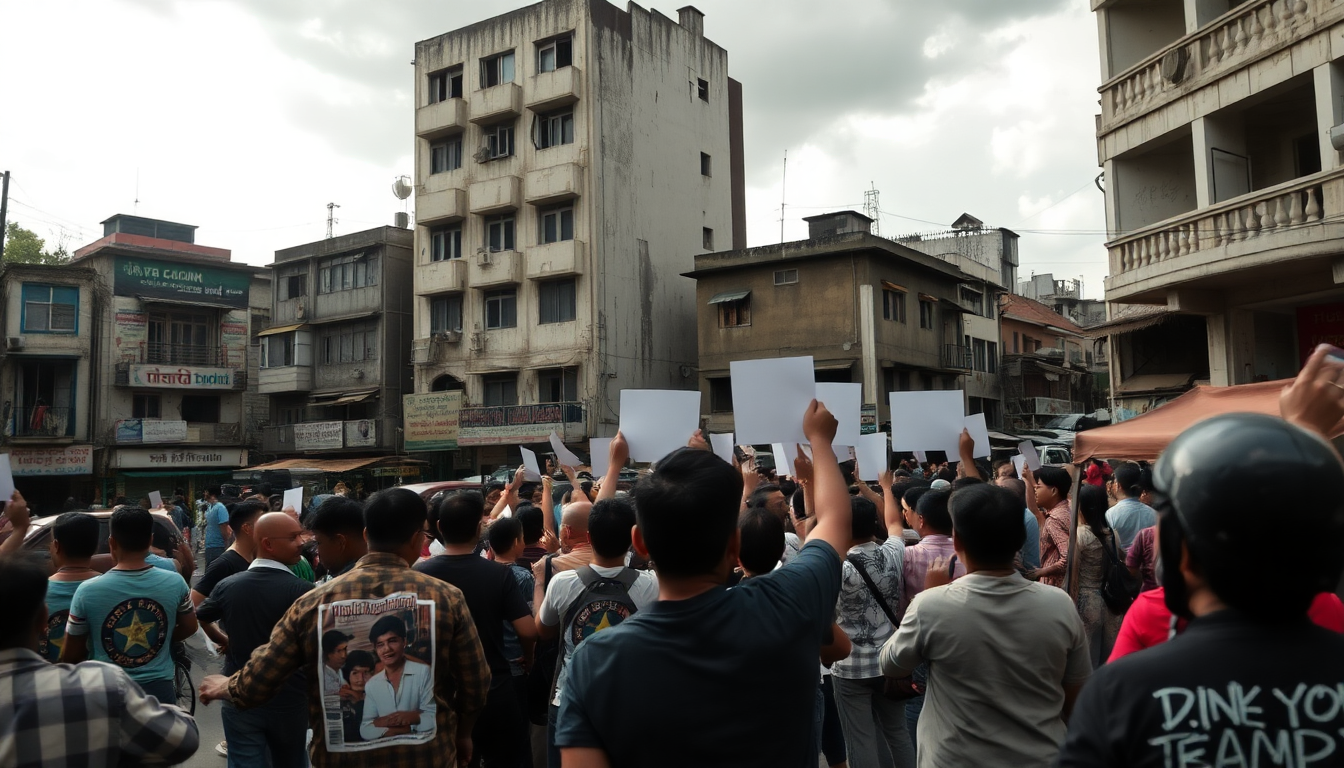Table of Contents
The political landscape in Myanmar is in a state of flux as the military regime gears up for a general election set for December 28. But this announcement is far from a cause for celebration. Various opposition groups are raising concerns about the legitimacy of the electoral process, especially given that the country is still grappling with the aftermath of a civil war.
With the military having taken control in 2021, the stakes surrounding this election are incredibly high, leaving many to wonder about the future of democracy and governance in Myanmar.
Understanding the Election Timeline and Context
The junta’s declaration about the upcoming election marks the first clear timeline from Senior General Min Aung Hlaing since the military seized power.
This will be the first election since the National League for Democracy (NLD), led by Aung San Suu Kyi, achieved a landslide victory in 2020, only to have it overturned by the junta’s unfounded claims of widespread voter fraud.
With the military employing violence and intimidation against opposition groups, you have to ask: can a legitimate election even happen under these circumstances?
In recent months, the military’s hold on power has noticeably weakened, losing control over vast regions of the country.
In response, martial law has been imposed in over 60 townships, highlighting the junta’s desperate struggle to maintain authority amid a deepening civil conflict. Their tactics, including bombing civilian areas, have only worsened the humanitarian crisis, further raising doubts about the possibility of a fair and free election.
The Impact of Current Civil Unrest
The ongoing civil war has wreaked havoc on Myanmar’s economy and social structure. Thousands of pro-democracy demonstrators have lost their lives or found themselves imprisoned, while many citizens have fled in search of safety and stability.
With the economy in ruins, the military has increasingly relied on forced conscription to bolster its shrinking ranks, a move that carries its own set of risks.
The consequences of this unrest are profound and long-lasting. The entrenched mistrust towards the military and its willingness to genuinely engage in a democratic process runs deep among the populace. So, as the junta tries to project an image of normalcy through an electoral process that many see as a mere façade, the stakes couldn’t be higher.
Future Prospects and Political Implications
As December approaches, the international community is watching closely, eager to see how this election will unfold against the backdrop of ongoing violence and instability. Analysts are already speculating on what might happen: Will the election pave the way for a semblance of democratic governance, or will it simply reinforce the military’s grip on power? The actions of the junta in the lead-up to the election will play a crucial role in shaping perceptions both domestically and internationally.
Looking ahead, the road to reconciliation and peace in Myanmar is filled with obstacles. The military’s historical reluctance to relinquish power, combined with a populace galvanized by resistance movements, creates a complicated landscape. Whether this election can act as a stepping stone towards stability or merely serve to entrench the military’s authority remains an open question that only time will answer.





